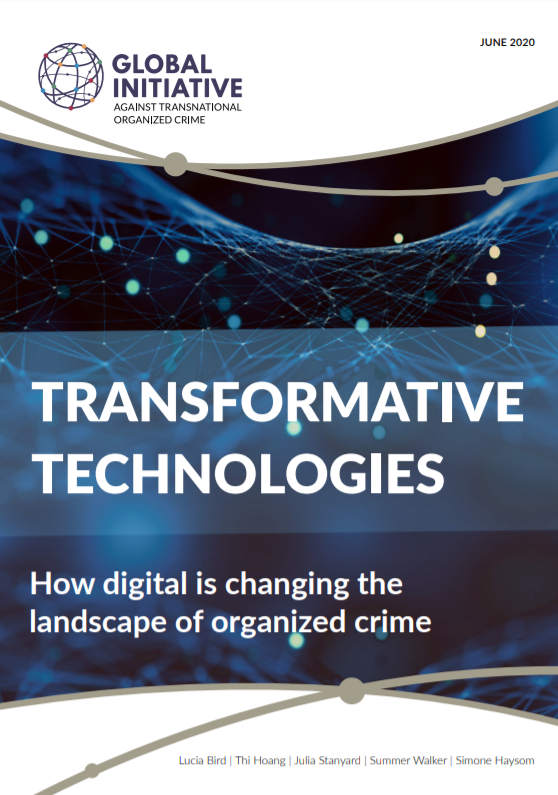French Law on the Corporate Duty of Vigilance – A Practical and Multidimensional Perspective
PublicationsBy Stéphane Brabant and Elsa Savourey Companies are currently establishing their first vigilance plans and preparing to effectively implement them. However, clarifications are still needed with regard to the interpretation and practical application...Read More

